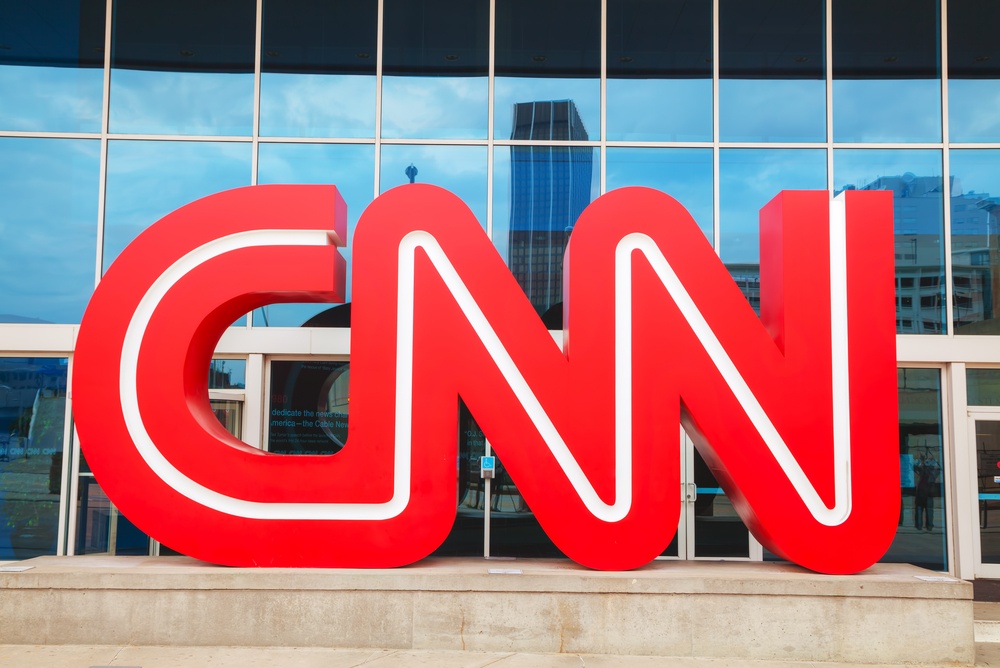Key Takeaways:
- Breaking Down the Debate: Republican strategist Brad Todd faces backlash for defending Elon Musk’s dual role as a government contractor and federal budget slasher.
- Tech vs. Ethics: Critics argue that Musk’s influential position creates clear conflicts of interest, with his Starlink service potentially benefiting from federal contracts.
- Verizon vs. Starlink: Todd clarifies that Verizon leads the overhaul of the FAA’s outdated communication system, with Starlink possibly contributing later.
- Upgrade Urgency: The FAA’s 1950s-era technology is under pressure to modernize, with calls for all companies, including Starlink, to assist in the upgrade.
- Conflict Concerns: Democrats and critics highlight the ethical issues with Musk’s simultaneous slashing of the federal workforce and securing government contracts.
- Social Media Scrutiny: Musk’s real-time posts on X draw criticism for potential conflicts and daily controversies.
The Back and Forth on CNN This Morning
The discussion on CNN This Morning turned heated as Brad Todd, a prominent GOP strategist and close adviser to Donald Trump, defended Elon Musk’s dual role in the government. Musk, a key donor and influencer, has been under fire for his role in slashing the federal budget while securing lucrative government contracts for his Starlink satellite internet service.
Todd argued that Musk’s involvement is justified, pointing out the urgent need to modernize the Federal Aviation Administration’s (FAA) outdated communication systems. He emphasized that the FAA is still using copper wire technology, a stark contrast to the fiber-optic systems now common in American homes. Todd highlighted the Trump administration’s efforts to invest in this modernization, including hiring more air traffic controllers and boosting their salaries.
However, critics were quick to point out the ethical implications of Musk’s position. Jackie Kucinich, Washington Bureau Chief for The Boston Globe, expressed concerns about the appearance of conflict of interest. She questioned how Musk, who is not officially heading any government agency, wields significant influence over federal decisions. Kucinich also raised eyebrows about Musk’s real-time posts on X, where he often criticizes business rivals, further blurring the lines between his personal interests and public roles.
Democratic operative Hyma Moore echoed these concerns, emphasizing that voters are wary of such clear conflicts of interest. Moore drew from his own government experience, recalling how even minor conflicts were strictly managed. He argued that while the need for technological upgrades is valid, Musk’s role as both a government contractor and a federal budget cutter raises red flags.
Addressing the Criticism
In response to these criticisms, Todd acknowledged that Musk’s frequent and sometimes controversial posts on X could be problematic. He suggested that Musk should be more cautious with his communications, as his real-time updates often lead to misunderstandings or conflicts. However, Todd maintained that Musk’s expertise and Starlink’s advanced technology make him an invaluable asset in the effort to modernize the FAA’s systems.
Todd also highlighted the practical benefits of Starlink, citing its extensive satellite network as a vital resource for improving communication in remote areas, such as Alaska, where pilots often rely on outdated weather systems. He stressed that the decision to involve Starlink would ultimately rest with Sean Duffy, the Secretary of Transportation, and not Musk himself.
The Broader Implications
The debate over Musk’s dual role extends beyond the immediate issue of the FAA’s modernization. It touches on broader concerns about the influence of wealthy tech moguls in government and the potential for conflicts of interest. Critics fear that Musk’s significant political donations and close relationship with the Trump administration could unduly influence federal contracts, undermining public trust in government operations.
Moreover, Musk’s aggressive approach to federal budget cuts raises questions about the motivations behind such actions. While modernizing the FAA is crucial for safety and efficiency, the involvement of a figure like Musk, who stands to gain financially from these contracts, adds another layer of scrutiny.
In conclusion, while the need for technological upgrades in the FAA is undeniable, the involvement of Elon Musk in both budget slashing and government contracting has ignited a fiery debate about ethics, influence, and the role of private enterprise in public affairs. As the situation evolves, it will be crucial to ensure that public interest remains paramount over personal or corporate gains.
